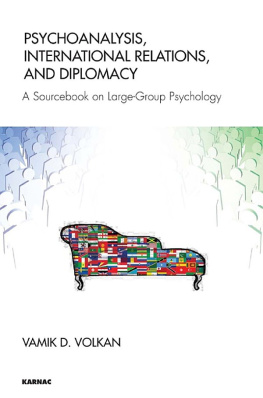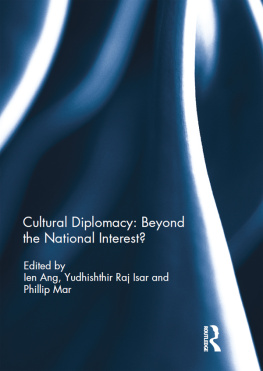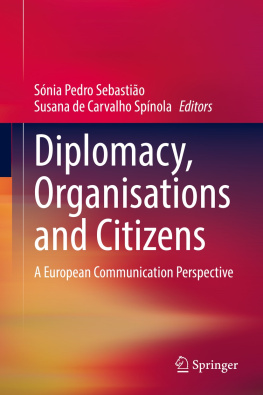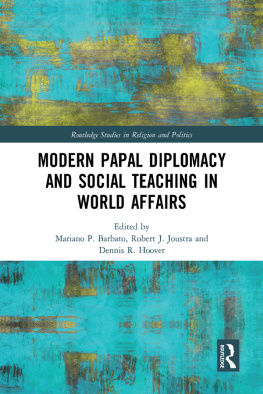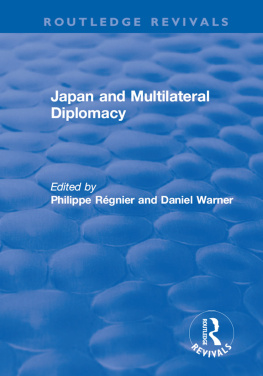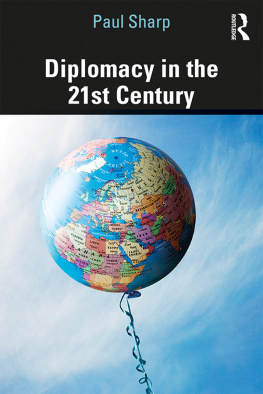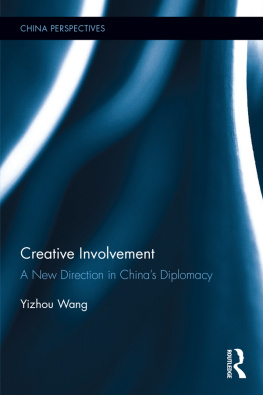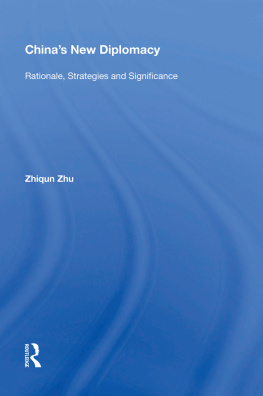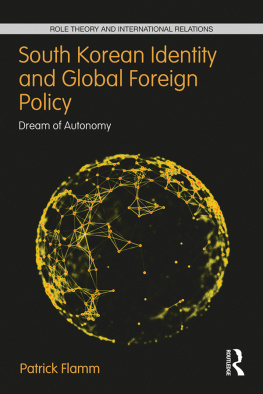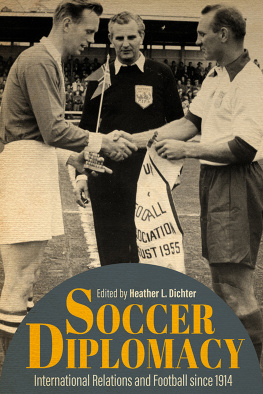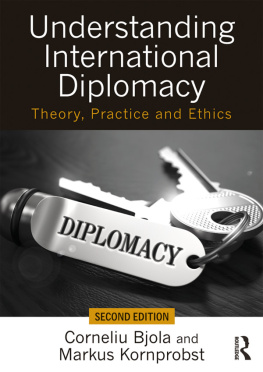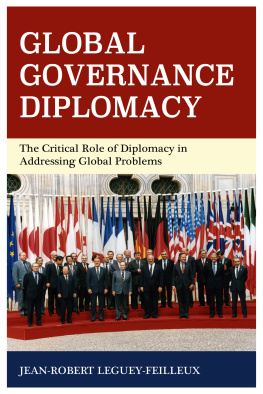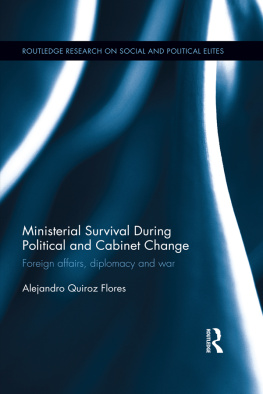FOREWORD
Psychoanalysis and political conflict: is psychoanalysis relevant?
Psychoanalysis occupies a marginalised position in regard to international diplomacy and world conflict. Because its principle areas of study include the unconscious forces that shape human motivation, and their roots in aggression and desire, it was once assumed that familiarity with the unconscious and the destructive tendencies inherent in human nature might offer analysts a unique and privileged position from which to understand and attempt to contribute to the resolution of national and international crises.
In the aftermath of World War I, for example, the International Institute of Intellectual Co-operation, instructed by the Permanent Committee for Literature and the Arts of the League of Nations, asked Einstein to engage with Freud (1933b) in a correspondence aimed at exploring whether human nature made war inevitable. Noting that the history of the human race reveals an endless series of conflicts between one community and another or several others, between larger and smaller unitsbetween cities, provinces, races, nations, empireswhich have almost always been settled by force of arms (p. 207), Freud implicated the innate destructiveness of the death instinct in any explanation of man's bellicositythat is, it is inherent in mankind's nature to be aggressive, cruel, and destructivebut also acknowledged that this view was perhaps too distant from immediate experience to be of practical use: The result [i.e., Freud's response to Einstein's inquiry]is not very fruitful when an unworldly theoretician is called in to advise on an urgent practical problem (p. 213).
Years earlier, faced with the cataclysmic devastation that was beginning to be unleashed in the First World War, which had broken out six months earlier, Freud (1915b) wrote an essay on The Disillusionment of War. There, he reflected on the fact that despite the close tie between civilisation, culture, and morality, a tie that one might hope or suspect would produce a feeling of unity and community among people of all nations, a war had broken out that was, if anything, more bloody and more destructive than any war of other daysat least as cruel, as embittered, as implacable as any that has preceded it (p. 278).
How was this to be explained? How could it have come about that despite the enormous cultural contributions and advances of Western society (particularly Germanic Western society) a war was loosed that in Freud's words:
tramples in blind fury on all that comes in its way, as though there were to be no future and no peace among men after it is over. It cuts all the common bonds between the contending peoples, and threatens to leave a legacy of embitterment that will make any reversal of those bonds impossible for a long time to come. (Freud, 1915b, p. 279)
While Freud's understanding of this phenomenon was powerful for its timehe identified the conflict as existing between the ethical advances of culture and society that tried, often unsuccessfully, to keep the abiding primitive impulses that all are subject to at bayit was limited in detail and specificity.
On the one hand, he noted that:
the influences of civilization cause an ever increasing transformation of egoistic trends into altruistic and social ones. (p. 282)
On the other hand, he recognised, that:
when the community no longer raises objections [to brutal and arbitrary conduct], there is an endto the suppression of evil passions, and men perpetrate deeds of cruelty, fraud, treachery, and barbarity so incompatible with their level of civilization that one would have thought them impossible. (p. 280)
This acknowledgment of the fragility of society's restraints echoed the concerns of warning voices, which declared that old traditional differences made wars inevitable (p. 278) and reflected the hard fact of how impotent logical arguments may be against affective interests (p. 287).
Freud reluctantly concluded that:
nations obey their passions far more readily than their interests[It remained] a mystery why the collective individuals should in fact despise, hate and detest one anotherevery nation against every otherand even in times of peaceIt is just as though when it becomes a question of a number of people, not to say millions, all individual moral acquisitions are obliterated, and only the most primitive, the oldest, the crudest mental attitudes are left. (p. 288)
Put in contemporary terms, we might resignedly say that the voice of reason and the subtleties of psychoanalytic thinking hold little sway before the forces of realpolitik and the inherently bellicose and destructive nature of mankind.
In the years that followed, and faced with the horrors perpetrated by one group against another in the past century, we must regrettably conclude that despite the pioneering work on small group dynamics by Freud, Bion, and others, the explanatory power of analytic theories and the clinical data on which analytic expertise is based have proven more relevant to understanding individual and dyadic behaviour and emotional development than to understanding experience and behaviour in large social groups. Attempts to apply psychoanalytic insights to politics, large social groups and the interactions between large groups and their leaders have met with little success. As a result, the ethnic, religious and cultural conflicts that have become such pervasive facts of political life in the twenty-first century have generally proven to be beyond the expertise and experience of most psychoanalysts.

